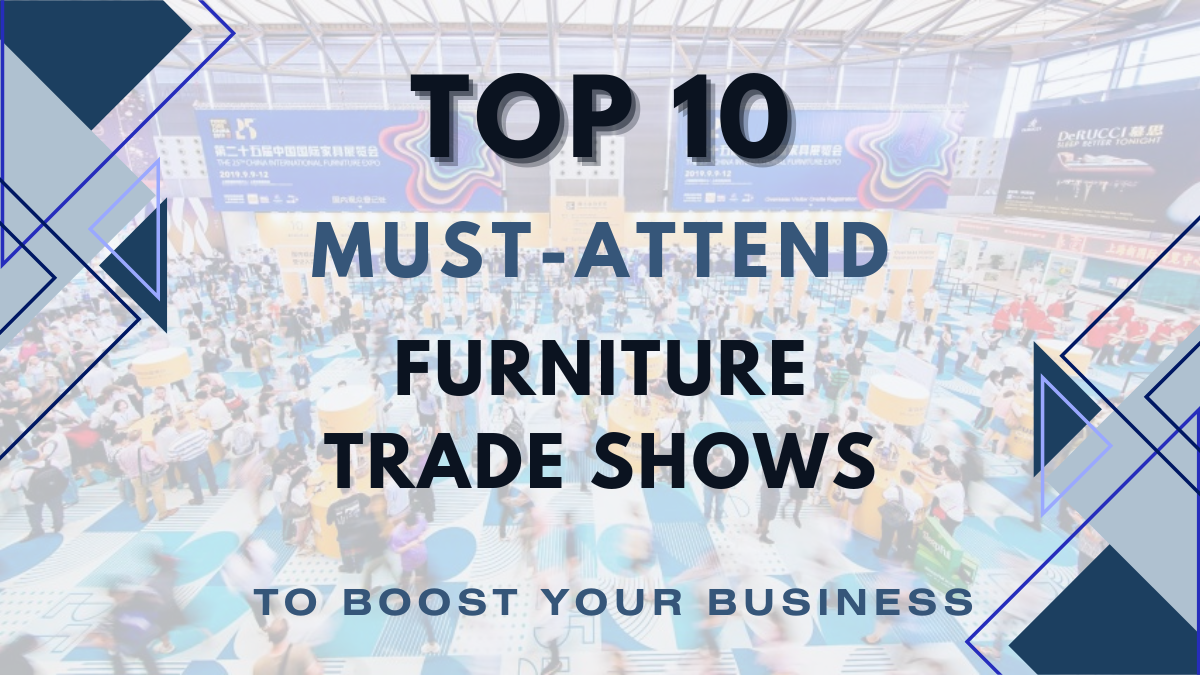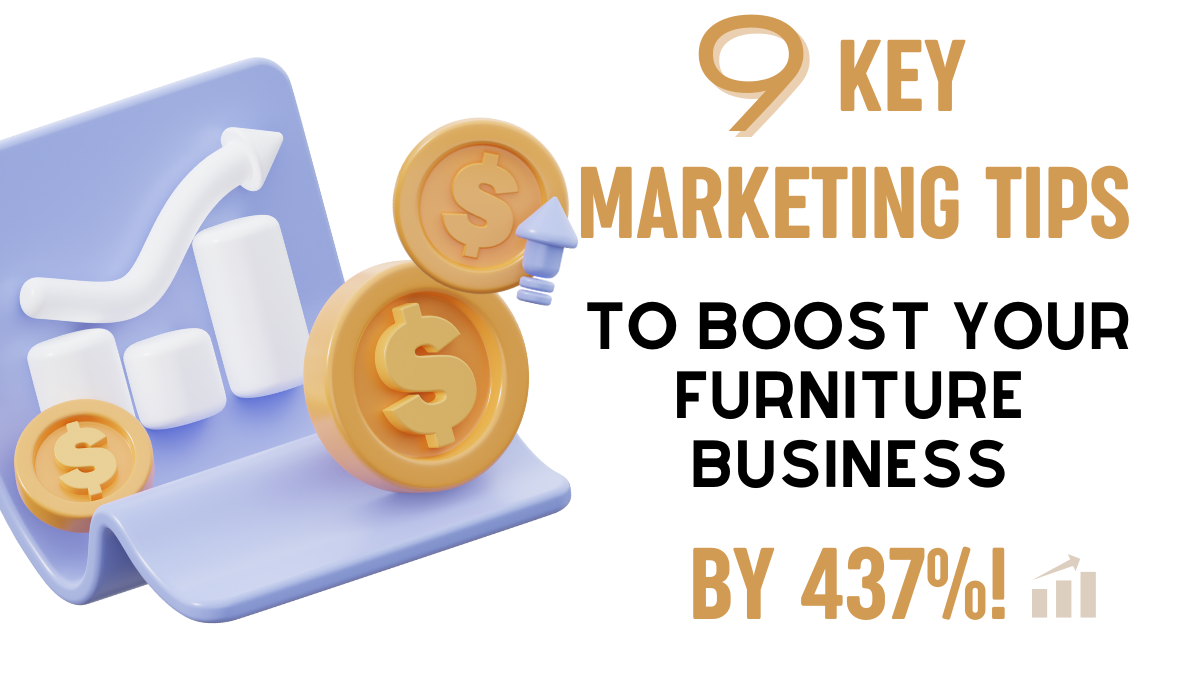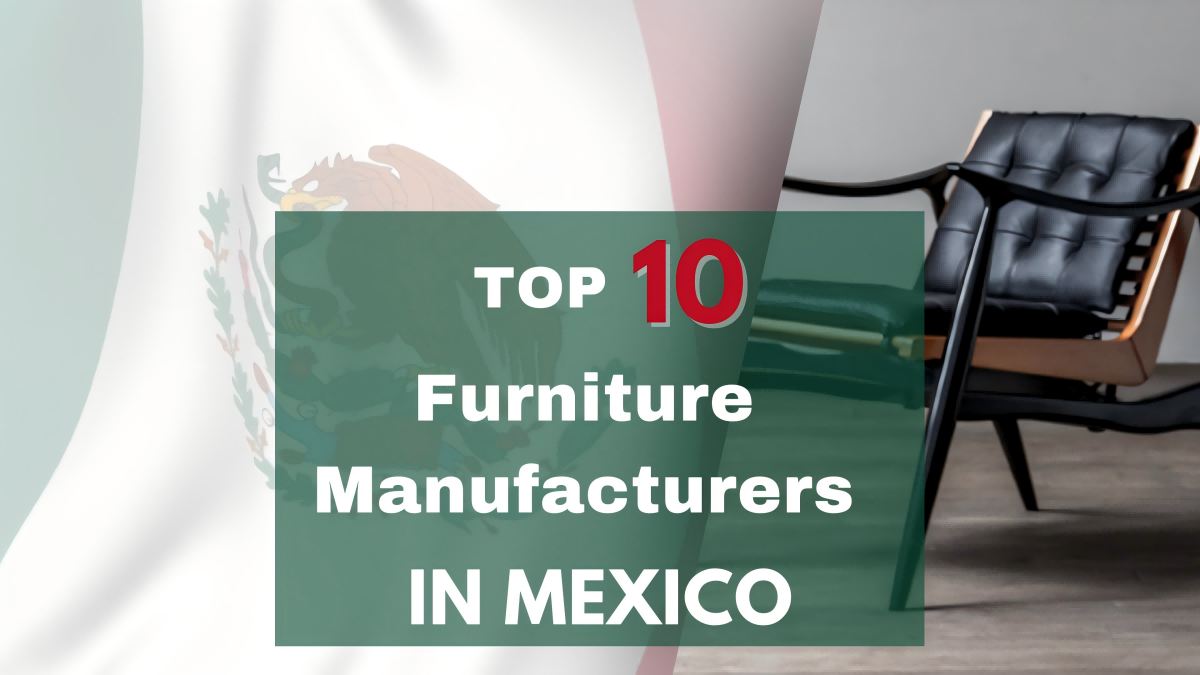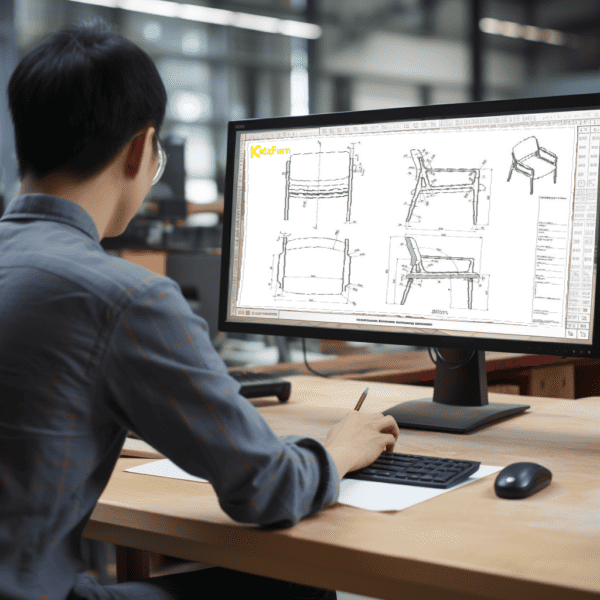Are you looking to guarantee the quality of your products before they leave China?
Third-party inspection companies are your solution. They act as your eyes in the factory, ensuring every product meets your specifications before it ships.
In this article, I’ll introduce you to the top 10 third-party inspection companies in China. Importers trust these companies worldwide to ensure their orders are accurate, defect-free, and delivered on time.
Whether you’re sourcing electronics, furniture, or textiles, these companies help keep your supply chain efficient and your customers satisfied.
Let’s explore how they can help you stay in control.
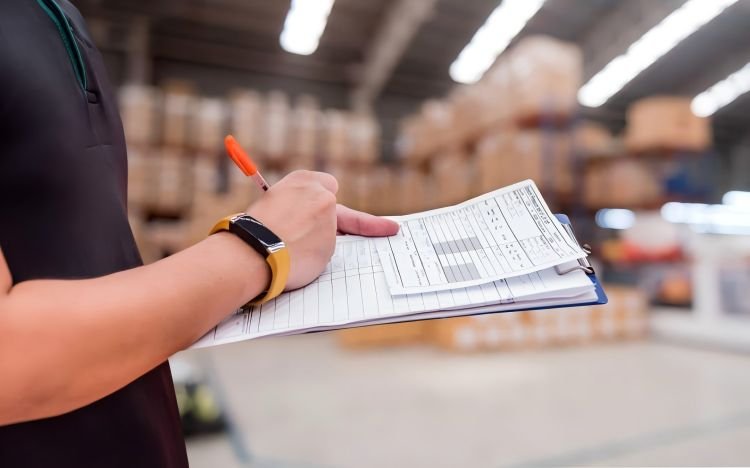
Why Do You Need a Third-Party Inspection Company?
When importing from China, it’s crucial to ensure your products meet all your requirements before they ship. A third-party inspection company acts as your on-site quality control, ensuring everything aligns with your expectations before it’s too late to fix any issues.
- Product Quality Control: These companies catch potential defects during production or before shipment, ensuring no surprises on arrival.
- Compliance with International Standards: Products need to meet international standards like ISO or CE certifications. Third-party inspections verify this for you, avoiding compliance issues down the line.
- Risk Mitigation: By identifying defects early, they help you avoid receiving faulty or non-compliant goods, which could lead to costly reworks or returns.
- Impartial Reporting: These companies provide unbiased reports that reflect the real state of your products, ensuring you get honest, clear feedback without factory bias.
How Much Does a China Inspection Service Cost?
Let’s take a real-world example to help you understand the cost of hiring a third-party inspection company.
Imagine you have an order of 500 wooden furniture pieces valued at $20,000, from a factory located in Shandong, with access to a train station. Here’s how inspection costs might break down:
1. Standard Cost:
On average, inspection services range from $180 to $300 per man-day.
For a typical inspection, one man-day should cover inspecting around 200-400 pieces, depending on the complexity of the product and the factory’s efficiency.
2. Additional Costs:
- Travel Fees:
Given the factory is in Shandong with decent transport links, travel costs might be lower. But, if the factory is further from major cities, there may be an additional travel fee (e.g., $50–$100). - Inspection Type:
A pre-shipment inspection might cost around $300 per day, while a more detailed inspection or factory audit could be higher, starting at around $440.
If your entire order (500 pieces) requires detailed checks, it might need multiple man-days, especially for more complex products like furniture. A full inspection could cost $500 to $700 per day for large quantities.
This case gives you a rough idea, but costs can vary based on product type, factory location, and inspection requirements.
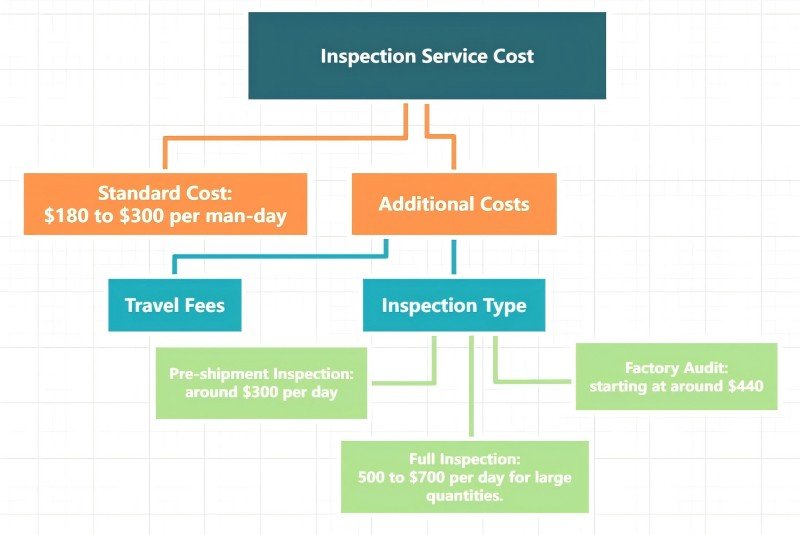
How to Choose a Credible Third-Party Inspection Company
Choosing the right inspection company isn’t just about cost—it’s about getting the right fit for your business needs.
Here’s what to consider:
A. Certifications:
Look for companies that are certified, like those holding ISO 9001 or CNAS 17020. This ensures they meet international standards.

B. Industry Expertise:
Not all inspection companies are created equal. Some specialize in certain industries, such as electronics, textiles, or furniture.
For example, if you’re importing furniture, make sure they have experience with wood furniture inspections, checking for things like moisture content and structural integrity.
C. Clear and Detailed Reporting:
Good inspection companies provide detailed reports, often with photos and videos. This helps you understand the inspection results clearly and take any corrective actions if needed.
D. Turnaround Time:
Check how quickly they can deliver inspection reports, especially if you have tight deadlines. Some companies offer reports within 24 hours, which is crucial when timelines are strict.
E. Customization:
If you need specialized services (e.g., load tests for furniture or humidity checks for wooden products), make sure the company can customize its inspections to meet your specific needs.
F. Track Record:
Look for client reviews, case studies, and a proven track record. Companies with a long history of reliable service are often the safest bet. Ask for references if you’re unsure.
Ultimately, choose a company that understands your specific industry and inspection needs. The right partner will ensure a smoother process and fewer headaches.
Top 10 Third-Party Inspection Companies in China
For each company, we’ll break down their strengths, specialties, and what makes them stand out in the market.
1. SGS
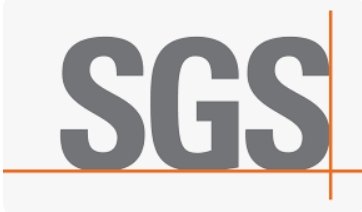
- What They Excel At: SGS is a global leader in inspection services, particularly strong in consumer goods, electronics, and industrial products.
- Specialty: They specialize in pre-shipment inspections, product testing, and international compliance certification. SGS is known for helping companies meet regulatory requirements across various industries.
- Customizable Services?: Yes, SGS offers fully customizable inspection and testing services based on industry-specific needs.
- Why Importers Love Them: With their unmatched global network, SGS provides peace of mind for importers dealing with complex international regulations and needing large-scale quality control.
2. Bureau Veritas
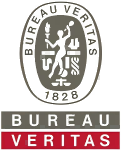
- What They Excel At: Bureau Veritas excels in sustainability and environmental compliance audits, especially for industries like textiles and construction materials.
- Specialty: They focus on helping companies navigate environmental regulations and ethical standards. In addition to inspection services, they provide a strong offering in certification and supply chain risk management.
- Customizable Services?: Yes, services can be tailored, especially for companies prioritizing sustainability and ethical production practices.
- Why Importers Love Them: Importers working in environmentally regulated sectors trust Bureau Veritas for its deep expertise in sustainability and compliance auditing.
3. Intertek
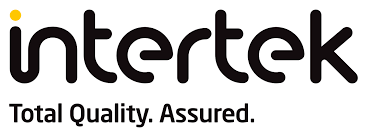
- What They Excel At: Known for its advanced digital tools and real-time reporting, Intertek is ideal for companies needing fast, tech-driven solutions for quality control.
- Specialty: Intertek focuses heavily on consumer goods and electronics. Their digital platform provides real-time updates, allowing importers to monitor inspection progress remotely.
- Customizable Services?: Yes, Intertek offers tailored inspection and certification solutions, particularly valuable for tech-driven sectors like electronics and retail.
- Why Importers Love Them: Importers value Intertek’s quick turnaround on inspections, as well as the ability to track inspections in real time through their user-friendly digital tools.
4. QIMA (formerly AsiaInspection)
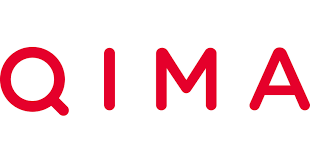
- What They Excel At: QIMA is a go-to partner for SMEs (small and medium enterprises), providing affordable and flexible inspection solutions.
- Specialty: They specialize in pre-shipment inspections, during production inspections, and factory audits. QIMA also offers expertise in textile, furniture, and home goods inspections.
- Customizable Services?: Yes, QIMA provides flexible packages based on specific client requirements, including quality testing, audits, and certification.
- Why Importers Love Them: QIMA’s affordability and fast service make them a favorite for smaller businesses that need reliable, cost-effective inspections without compromising on quality.
5. TUV Rheinland
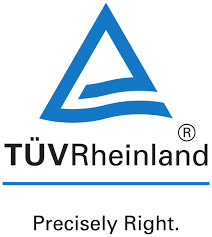
- What They Excel At: TUV Rheinland is known for its rigorous inspections in high-tech industries such as automotive and electronics.
- Specialty: They focus on certification services, pre-production inspections, and product safety checks. Their expertise spans various industries, from electronics to heavy machinery.
- Customizable Services?: Yes, TUV Rheinland offers highly customized inspection services, particularly for complex, high-tech products.
- Why Importers Love Them: Importers in need of detailed safety checks and compliance certifications, especially for technical products, trust TUV Rheinland’s thorough inspections.
6. V-Trust Inspection Service
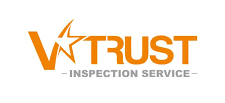
- What They Excel At: V-Trust is a leading choice for furniture and home goods inspections, with a focus on small to medium-sized businesses.
- Specialty: V-Trust specializes in factory audits, in-production inspections, and pre-shipment inspections. They are particularly strong in consumer products and furniture.
- Customizable Services?: Yes, V-Trust allows for customization based on the client’s specific needs, including load testing for furniture and detailed packaging checks.
- Why Importers Love Them: V-Trust is praised for offering cost-effective services tailored to smaller importers, particularly those in the furniture industry.
7. Pro QC International
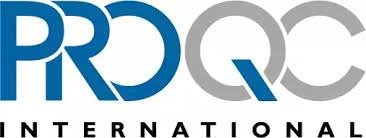
- What They Excel At: Pro QC International stands out for its long-term quality assurance partnerships, offering continuous improvement services for companies seeking to build ongoing relationships.
- Specialty: They focus on supplier development, ongoing inspections, and long-term quality programs, making them ideal for businesses looking to improve and monitor quality over time.
- Customizable Services?: Yes, Pro QC tailors its services to suit ongoing projects, from product development through to mass production and beyond.
- Why Importers Love Them: Pro QC is a top pick for companies seeking to build long-term partnerships that prioritize quality improvement and supply chain efficiency.
8. CCIC (China Certification and Inspection Group)
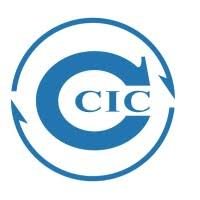
- What They Excel At: A government-backed organization, CCIC excels in export certifications and compliance with Chinese regulations.
- Specialty: They specialize in certifications for exports from China, ensuring that goods meet both local and international standards before shipping.
- Customizable Services?: Limited compared to international firms, but highly reliable for regulatory compliance.
- Why Importers Love Them: CCIC’s knowledge of Chinese regulations and compliance gives importers the confidence to navigate the export process with ease.
9. Asia Quality Focus (AQF)
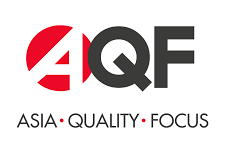
- What They Excel At: AQF specializes in providing flexible inspection services for SMEs, particularly in consumer goods industries such as textiles and electronics.
- Specialty: They are known for textile inspections, packaging quality control, and ensuring AQL compliance for consumer products.
- Customizable Services?: Yes, they offer flexible services for companies that need specialized checks, such as packaging or material quality control.
- Why Importers Love Them: Importers appreciate AQF for their flexibility and competitive pricing, making them ideal for small and medium-sized orders.
10. HQTS
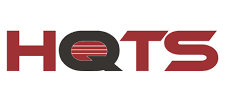
- What They Excel At: HQTS is a major independent Chinese inspection company, offering services for consumer goods, electronics, and home products.
- Specialty: They focus on pre-shipment inspections, factory audits, and in-production checks for a wide range of consumer products.
- Customizable Services?: Yes, HQTS provides customizable inspection services, including detailed AQL sampling and packaging quality checks.
- Why Importers Love Them: HQTS is favored for its wide coverage across China and its ability to provide reliable, affordable inspections for consumer goods.
11. Zhejiang Lisen Testing Technology Co., Ltd. (LST)
- What They Excel At: Zhejiang Lisen specializes in product testing and compliance for global markets, ensuring that products meet international safety standards.
- Specialty: They are particularly strong in material testing, pre-shipment inspections, and product certification for a wide range of consumer products.
- Customizable Services?: Yes, Lisen provides tailored testing solutions based on specific client requirements, ensuring compliance with both domestic and international regulations.
- Why Importers Love Them: Importers appreciate Lisen’s modern testing facilities and expertise in ensuring product safety and compliance, which helps mitigate risks and streamline the export process.
How Does an Inspection Company Work?
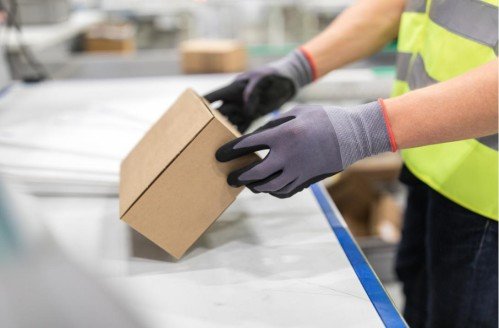
Working with a third-party inspection company ensures that your products meet your exact standards before they ship.
Here’s a detailed look at how the process typically unfolds:
1. Initial Setup:
It starts with providing the necessary details to the inspection company.
These include the supplier’s contact information, factory address, and product specifications. It’s crucial to also provide a detailed product description (photos, videos, dimensions, etc.) to help the inspector understand what to look for.
You also need to specify the quality standards and acceptable defect levels. Some importers prefer to share a sample of the product with the inspection team for better understanding.
2. Inspection Plan:
The inspection company then crafts a tailored inspection plan based on the provided checklist.
This plan uses AQL (Acceptable Quality Limit) standards, which guide how many defects are permissible before an order is rejected.
The plan specifies what the inspector will check: whether it’s a pre-shipment inspection, in-process inspection, or a full audit.
For example, a full container load inspection might require random checks from various boxes, while a factory audit may assess overall production capabilities and factory conditions.

3. On-Site Inspection:
This is where the real work happens. An inspector travels to the factory and conducts a thorough on-site evaluation.
Depending on the agreement, the inspector will:
- Conduct visual checks to ensure product appearance meets specifications.
- Functional testing to check if the product works as intended.
- Dimensional verification to ensure the size and weight are within the agreed tolerances.
- Packaging checks to ensure the items are packed securely and meet international shipping requirements.
Inspectors follow the AQL sampling plan, which involves checking a portion of the entire batch, not every single item. For example, if there are 1,000 units, they might inspect 80-125 units randomly.
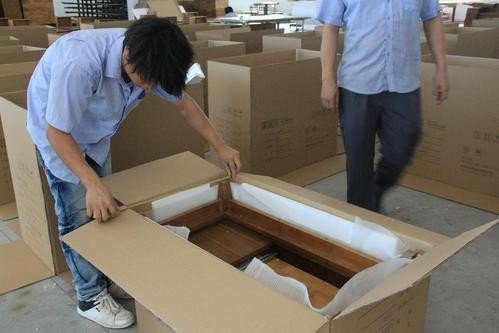
4. Report Submission:
After the inspection, a detailed inspection report is prepared, typically within 24 hours.
The report includes a breakdown of all the tests conducted, the findings, any non-conformities, and photos.
If there are issues, the report will also include recommendations on how they should be addressed.
Some companies offer live updates during the inspection, so you can see the progress as it happens.
How To Work with an Inspection Company in China
To get the most out of your inspection company, it’s important to collaborate effectively.
Here’s how:
- Clear Communication: Providing a detailed product description is key.
Make sure to include all quality standards, product specifications, and even visual guides if necessary.
Be explicit about what is acceptable and what isn’t. If a minor cosmetic defect is tolerable but functional defects are not, make sure this is clearly stated.
If you need specific regulatory compliance checks (e.g., CE, RoHS), tell the company upfront. - Set Expectations: Outline the exact inspection points.
If you’re concerned about certain areas—such as packaging integrity or specific product features like durability—make sure these are prioritized in the checklist.
You should also clarify whether you want a pre-shipment inspection (final check) or a during production inspection (checking before production is completed).
Specify your AQL levels based on the criticality of defects (major vs. minor vs. critical).
For instance, you might accept a few minor scuffs but won’t tolerate faulty electronics. - Stay Engaged: Good inspection companies will keep you updated throughout the process.
Request real-time updates and be available to answer any questions during the inspection. Sometimes, factories attempt to hide defects or rush through the inspection.
Engaging with the inspector in real-time ensures you can catch these issues.
If defects are found, work with the factory and the inspector to arrange re-inspection after corrections are made.
What Happens If the Inspection Fails?
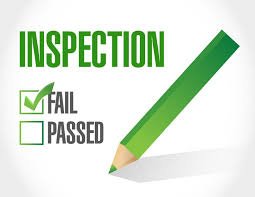
An inspection failure doesn’t mean disaster, but it does require careful handling.
Here’s what typically happens:
- Minor Defects:
Most failed inspections involve minor defects.
These are small issues like cosmetic flaws or packaging errors that don’t affect the product’s functionality. Often, these can be corrected quickly at the factory.
For example, packaging might be redone, or surface marks might be cleaned before shipping. - Re-Inspection:
Once the factory makes corrections, a re-inspection can be arranged to verify that the issues have been fixed.
Re-inspections typically focus on the specific problems identified in the first inspection.
Some companies offer discounted rates for re-inspections, especially if it’s limited in scope. This is usually cheaper and faster than the initial inspection. - Full Rework:
In more severe cases, like structural issues with a product, a full rework might be needed.
This means the factory has to fix the problem across the entire batch.
For example, a batch of 500 wooden chairs might need to have screws tightened or legs adjusted.
While this is rare, it’s important to communicate with the factory to ensure they address the problem thoroughly.
A rework typically leads to production delays. As an importer, you need to weigh the cost of delaying the shipment versus accepting a compromised product.
Full reworks are often the result of poor communication early on, which is why setting clear expectations upfront is so critical.
By staying proactive and working closely with both your supplier and the inspection company, you can resolve most issues before they lead to major production or shipment delays.
How Does an Inspection Company Work?
If you’re new to importing, understanding the step-by-step process of working with a third-party inspection company is essential. Here’s how it typically works:
1. Initial Setup: Sharing Key Information
The first step involves sharing detailed information with the inspection company. Some importers make the mistake of not providing comprehensive factory or product details. Here’s what to keep in mind:
- Factory details:
Confirm the exact factory location, especially if your supplier works with sub-contractors. Miscommunication about the factory’s address can delay inspections or lead to incorrect assumptions about product quality. - Product specifications:
Provide detailed descriptions, including dimensions, materials, and packaging requirements.
For example, if you’re importing wooden chairs, ensure you specify the type of wood, the finish, and packaging standards.
This reduces the risk of inspectors overlooking key elements during the inspection.
To avoid common mistakes, it’s wise to ask for a sample before the actual inspection. This allows both the inspection company and the supplier to have a clear understanding of expectations.
2. Quality Standards and AQL (Acceptable Quality Limit)
AQL stands for Acceptance Quality Limit, and it sets the standard for how many defective units are acceptable in a given batch. AQL is broken down into three defect categories:
- Critical Defects (0%): These are dangerous or illegal defects (e.g., broken components in furniture that could cause injury).
- Major Defects (2.5%): These would cause a customer to reject the product (e.g., a wobbly chair or poor assembly).
- Minor Defects (4.0%): These are small issues that don’t affect product functionality (e.g., minor scratches on a wooden surface).
For example, a batch of 500 wooden chairs with an AQL of 2.5% for major defects means that up to 12 or 13 defective chairs are acceptable before the batch is rejected. It’s important to balance the level of risk you’re willing to take when setting these standards.
3. Sampling and 100% Inspections
Most inspections rely on AQL sampling, which means a small portion of your shipment is checked. If the inspector finds defects, they’ll compare it to the AQL limits to determine if the whole batch passes or fails. But why not inspect all the units?
Full inspections, or 100% checks, can slow down your production timeline and significantly increase costs. For instance, inspecting 1,000 units might take two days for a full inspection, but only a few hours with AQL sampling. Delays caused by full inspections can affect shipping schedules, and you might incur additional warehouse storage fees if products aren’t released on time.
Full inspections are usually recommended for high-value items (like expensive electronics) or first-time orders when you want absolute certainty. However, they are rarely necessary for standard consumer goods like furniture or textiles.
4. On-Site Inspection: What to Expect
Once the inspector arrives on-site, they will carry out a detailed assessment of the products. This can sometimes come with its own set of challenges, such as:
- Factory reluctance:
Some factories might try to hide defects or delay the inspection, especially if they’re running behind schedule. This is where an experienced inspector is crucial—they can ask to inspect different batches or cartons and prevent the factory from manipulating the process. - Uncooperative factory staff:
There are cases where factory workers may not be fully cooperative, especially if they know there are defects in the products. Always ensure that both the factory and the inspection company are aligned on the inspection schedule to avoid surprises.
The on-site inspection usually includes:
- Functional and visual checks:
The inspector will test the product’s functionality (e.g., whether chairs can bear weight without wobbling). They will also check for visual defects such as scratches, dents, or poor finishing. - Packaging inspection:
The inspector also checks packaging quality to ensure it’s strong enough for international shipping. For fragile items, they’ll check if extra layers of protection like foam or bubble wrap are included.
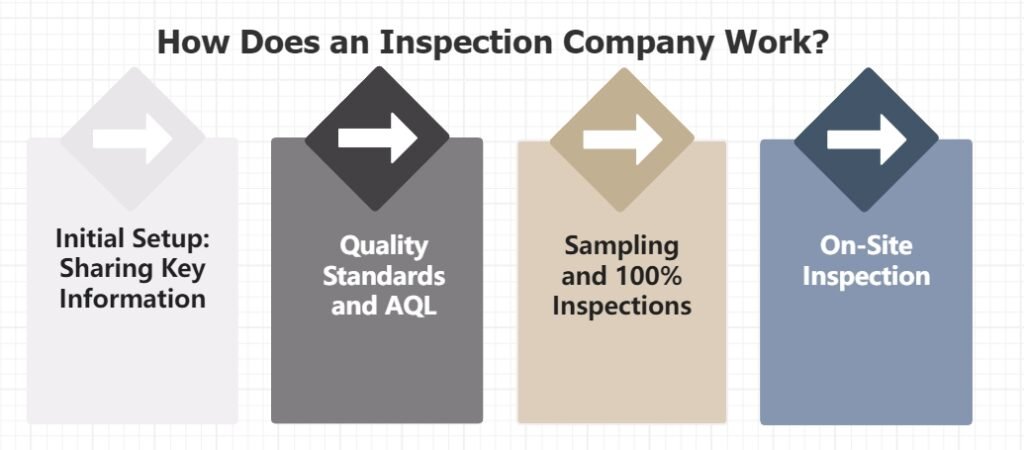
How To Work with an Inspection Company in China
1. Clear Communication
You should provide clear instructions and product details. Don’t assume that the inspector knows what’s acceptable to you.
For example, if you allow small scratches on metal products but require flawless functionality, make this clear upfront. The more detail you provide, the fewer issues you’ll face later.
2. Define Your Quality Expectations
Create a checklist for the inspection, focusing on areas that matter most to your product. For instance:
- For wooden furniture, request checks on structural stability, moisture content (to avoid warping during shipping), and the smoothness of finishes.
- For textiles, you may want to check on stitching quality, color matching, and fabric durability to ensure the product meets your standards.
3. Stay Engaged During the Inspection
Request live updates or photos as the inspection is happening. Many inspection companies offer this service, allowing you to address issues immediately. This real-time communication can help catch problems early, reducing the risk of needing a re-inspection.
What Happens If the Inspection Fails?
1. Minor Defects
Minor defects, like slight imperfections in finish or packaging flaws, are common. These don’t affect the product’s functionality but might still need to be corrected before shipping.
For instance, a small scratch on a wooden surface might be acceptable, but poor packaging that could lead to damage during shipping should be fixed immediately.
2. Major Defects and Re-Inspection
If there are major defects (like a chair with loose legs or unstable parts), a re-inspection will be necessary after the factory has fixed the issues. Re-inspections are usually quicker since the inspector only checks the previously flagged problems.
3. Full Rework
In rare cases, an entire batch may need to be reworked.
For example, if an inspector finds that a batch of chairs is structurally unsound (e.g., weak joints), the factory might need to reassemble the entire batch. This can lead to significant delays but is crucial for preventing costly returns or customer complaints.
Conclusion
Third-party inspection companies are critical to ensuring the quality of your products and protecting your supply chain. They help detect issues early, safeguard your reputation, and give you peace of mind knowing that what you ordered is exactly what will be delivered.
By using these inspections as part of your sourcing strategy, you reduce risks and build a more reliable operation. It’s a small investment that can save you from costly mistakes in the long run. If you need more tips on managing your supply chain, feel free to reach out—we’re always here to help!


